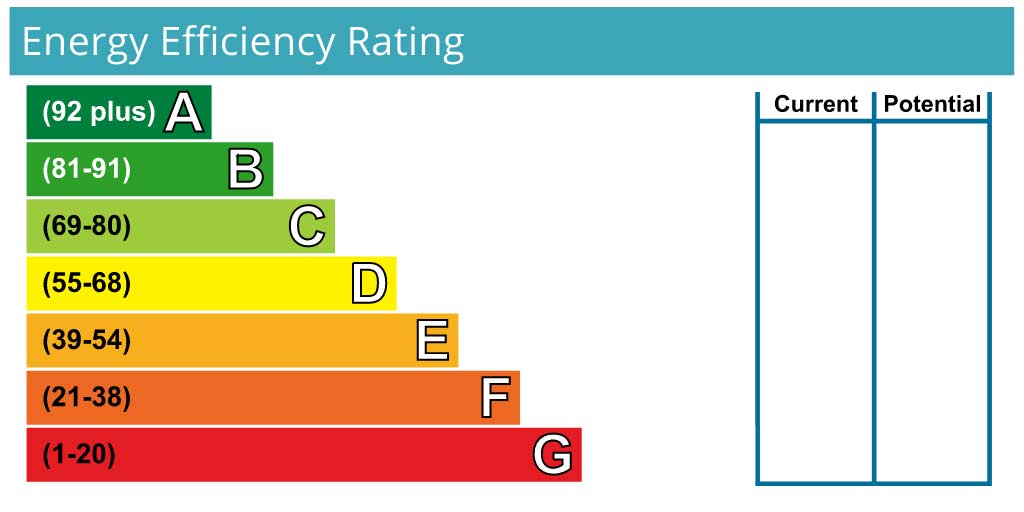This information should not be interpreted as financial, tax or legal advice. Mortgage and loan rates are subject to change.

Categories: epc | government and politics
The Government has been called upon to create a grant that would go directly to landlords, to pay for mandatory and potentially costly energy efficiency upgrades.
As of April 2018, Minimum Energy Efficiency Standards (MEES) required that landlords who have an Energy Performance Certificate rated less than E are unable to rent their properties, unless they have an exemption.
A further proposal made by the Government to MEES would mean that by 2028, landlords with an EPC less than C would be prohibited from renting that property.
Previous grants have existed, such as the Green Deal, which switched to private backing in 2015, and the Green Homes Grant voucher scheme, which ended in 2021.
There are grants available at present, but the structure of these grants can be limiting.
Currently, there is the Energy Company Obligation (ECO) Grant, on its fourth scheme, ‘ECO4’. The ECO grant is for situations where a tenant has low income, the funds will be issued to the tenant, and must be put towards making EPC upgrades on the property.
UK Energy Support has said that in terms of the ECO grant, landlords are able to encourage eligible tenants to apply for the grant ‘thus improving your property energy efficiency for years to come by installing electric storage heaters or fulfilling insulation grants such as free cavity wall insulation or loft insulation grant’.
The limitation of this grant is that the funds are not directly given to the landlord, and the tenant is under no obligation to apply for the grant.
Landlord and tenant solicitor of 20 years, Gina Peters, at Dutton Gregory, has called on the Government to implement a grant specifically for landlords who want to improve the EPC rating of their properties.
Gina Peters believes that while there is already help available, the ‘hurdles to jump in order to unlock the funding is too prohibitive’.
She had this to say:
[…] Grants that are [currently] issued go to the tenant rather than the landlord, so the only authorisation the property owner has with the grant application is to approve the works. The submission process might be able to be completed on behalf of the tenant, however stringent criteria relating to the tenant’s personal circumstances is still required.
The issue the landlords we represent are finding, is that there is no grant specifically available for rental properties, that can be applied for solely based on the current energy performance of the actual home. So, gaps between tenancies – when landlords may naturally wish to carry out disruptive internal works – would instantly forfeit any potential grant subsidy.
EPC upgrades can cost more than most would like, and with buy to let mortgage rates being higher at present, the roughly 2.6 million landlords around the UK have less resources to fund upgrades to meet future minimum required standards. If the government is serious about meeting green goals, a direct grant to landlords may be the way to go.
While not commenting on direct grants to landlords, the housing minister, Michael Gove, echoed Gina Peter’s sentiment regarding Minimum Energy Efficiency Standards as he told The Telegraph ‘we’re asking too much too quickly’ in relation to EPC requirements, going on to say:
We do want to move towards greater energy efficiency, but just at this point, when landlords face so much, I think that we should relax the pace that’s been set for people in the private rented sector, particularly because many of them are currently facing a big capital outlay in order to improve that efficiency.
Certainly, landlords who have already been hit with various tax and regulatory changes of late would welcome good news on EPC property upgrades.



